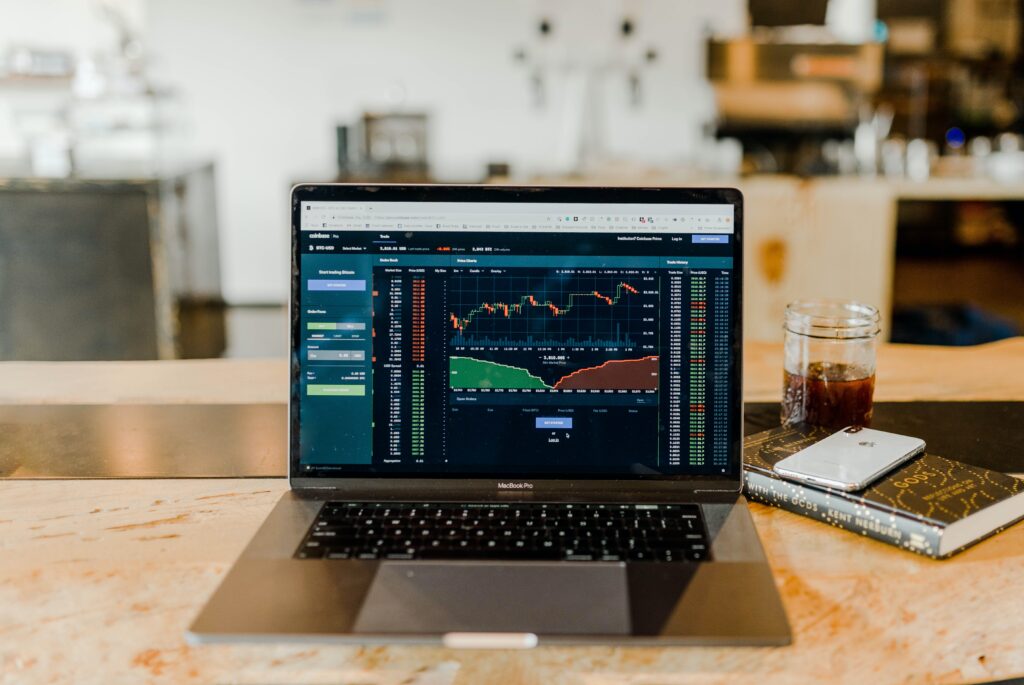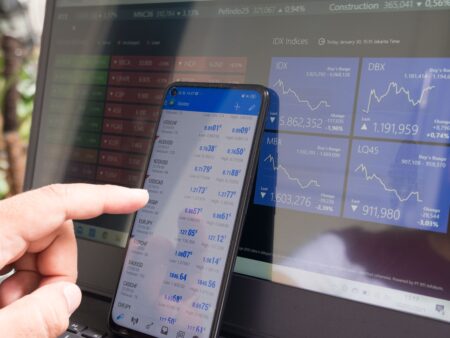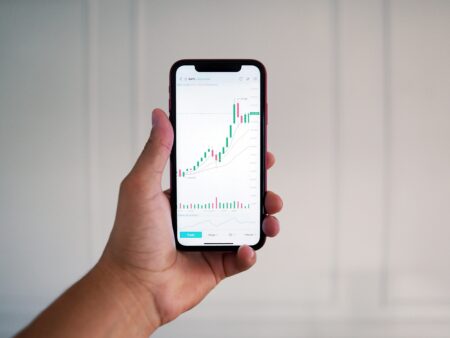In the world of forex trading, where the markets are constantly in motion, and fortunes can be made or lost in the blink of an eye, mastering your emotions is often the key to success. In this chapter, we’ll delve into the intricate realm of trading psychology, exploring the psychological challenges that traders face and offering strategies to help you stay in control of your emotions while navigating the forex market.
Trading Psychology: Mastering Your Emotions

Emotions are an integral part of human nature, and they can have a significant impact on trading decisions. Some of the most common emotions that traders experience include:
1. Greed: The desire for quick profits can lead to overtrading or taking excessive risks.
2. Fear: Fear of losses can cause traders to exit positions prematurely or avoid taking well-calculated risks.
3. Hope: Hoping that a losing trade will turn around can lead to holding onto losing positions for too long.
4. Impatience: Impatience can lead to impulsive trading decisions and a lack of discipline in following a trading plan.
5. Overconfidence: Overconfidence can make traders disregard risk management principles and take positions that are too large for their account size.
Strategies to Master Your Emotions
Mastering your emotions is a continuous process that requires self-awareness and practice. Here are some strategies to help you maintain emotional discipline in forex trading:
1. Education and Preparation: The more you know about the forex market, the more confident you will be in your trading decisions. Continuous education and thorough preparation can help reduce anxiety.
2. Trading Plan: Develop a well-defined trading plan that includes entry and exit rules, risk management strategies, and position sizing guidelines. Having a plan in place can help you stay disciplined.
3. Risk Management: Implement strict risk management techniques, including setting stop-loss orders and adhering to position sizing rules. Knowing that you have measures in place to protect your capital can reduce fear and impulsive decisions.
4. Trading Journal: Keep a detailed trading journal to record your thoughts, emotions, and the reasons behind your trades. Reviewing your journal can provide insights into emotional patterns.
5. Mindfulness and Meditation: Practicing mindfulness and meditation techniques can help you stay focused and calm during trading. These practices can enhance your ability to make rational decisions.
6. Visualization: Visualize successful trades and positive outcomes before you begin trading. This can help build confidence and reduce fear.
7. Take Breaks: Don’t hesitate to take breaks when needed. Stepping away from the screen during periods of high emotion can prevent impulsive decisions.
8. Community and Support: Connect with other traders and seek support from trading communities or mentors. Sharing experiences and advice can provide emotional support.
Conclusion
Emotions are an inherent part of trading, but they need not control your decisions. By developing self-awareness, practicing discipline, and implementing strategies to manage your emotions, you can enhance your ability to make rational and calculated trading decisions. Remember that mastering trading psychology is a journey, and it takes time and effort. With continued practice and a commitment to emotional discipline, you can become a more successful and resilient trader in the world of forex.









